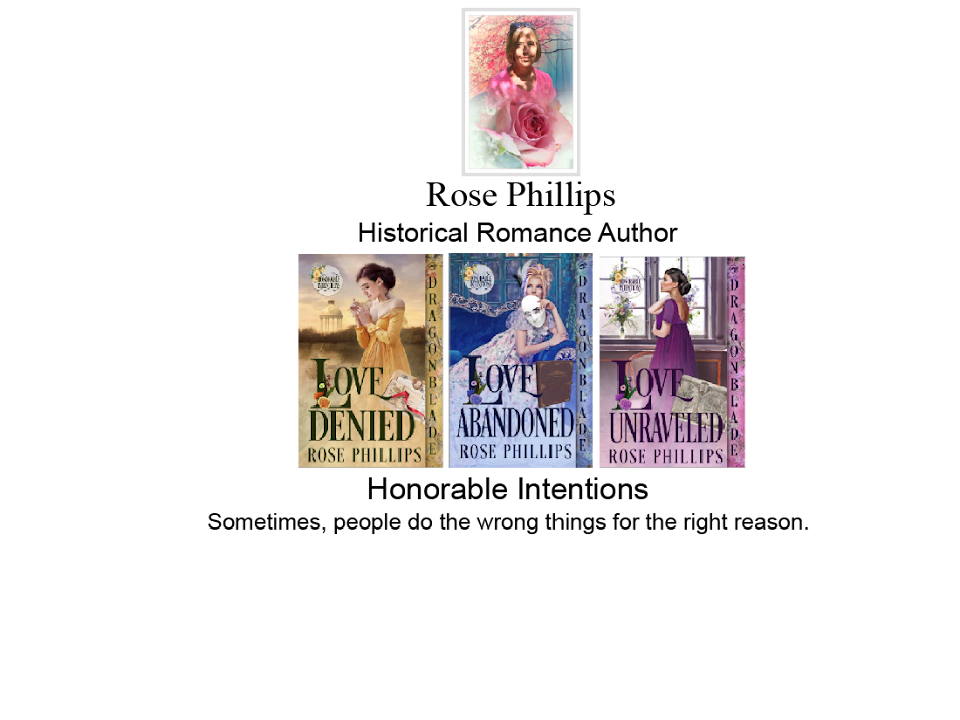My
characters are fiction, and how their lives unfold is completely a figment of my
imagination. However, they live in a world that was, peppered with people who were,
and are influenced by events the actually occurred. I research endlessly and
thoroughly, keen to be historically accurate. I also strive to keep those real
people as true to their actions and personalities as I can, based on what
written accounts of their lives and actions exist.
That
is the easy part of writing historical fiction. The harder part is spotting
anachronistic language in my writing. Take for example, angst. Visually, it’s an odd word, looks rather old. Yet, it didn’t
come into common language until the mid-19th century—one hundred
years too late for Raven’s Path. Now, when you spot it, it’s an easy fix. Anxiety hit the streets in the 16th
century. That works. Although, tread cautiously if you are writing in an earlier period than mine; anxious and its
varied incarnations as adjective, adverb or noun, did not join anxiety until the 17th
century.
I’ve
gotten quite used to writing a word, getting a nettlesome feeling about it and
heading off to the etymology dictionary to confirm its origin. It happened the
other day while writing the sequel to Raven’s Path (tentatively titled
Crossroads). Ana tripped, smacking down on her knee and I wrote “Ow!” It looked
modern, so off I trekked to check. As an expression of surprise, 14th
century, as one of pain, not until 1919!
Hers was definitely a pain reaction, so that would not do. Ouch? 1837. Where to
now?
What
does one say when experiencing sudden pain? More precisely, what does one say
in 1750? I could write grunted, groaned, screamed, yelled—you get the idea—but I
found those too passive for the moment. I actually Googled “expressions for
pain” and came across an oddly interesting article, The Language of Pain.
This language of pain has no consonants, but
consists only of vowels: ow! aiee! oy! oh! These are the sounds the sufferer
makes, each punctuated by grunts, hiccoughs, sobs, moans, gasps. It is a self-absorbed
language that might have been the first ever uttered by prehistoric man.
Perhaps it was learned from animals. These howled vowels have the eloquence of
the wild, the uncivilized, the atavistic. Comprehension is instantaneous,
despite the absence of what we call words. It is a mode of expression beyond
normal language. Nor could it be made more passionate or revelatory by the most
gifted writer. Not even by Shakespeare.
Another
anachronistic crisis averted. Get rid of the consonants. Now, if only that
simple rule applied to other anachronisms.J



Nifty link! I really think I exhausted my research of the past when I was teaching History. Maybe that's why I write contemporary or SF. It's just easier. ;-)
ReplyDeleteZan Marie,
ReplyDeleteAh, easy is a term relative to the person saying it. :o) I think each genre comes with its own set of joys and challenges.
The Language of Pain, how interesting! It's true though, that it has it's own language. Nifty resource.
ReplyDelete